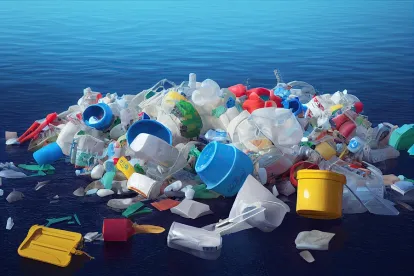In February 2023, we wrote regarding a PFAS pollution lawsuit filed by Illinois against manufacturers of PFAS seeking damages for alleged contamination in the state. in April 2023, two other states – Maine and Kentucky – joined the fray, becoming the latest states seeking hundreds of millions of dollars in PFAS pollution damages from PFAS manufacturers. Just today, Rhode Island became the latest state to file suit against PFAS and AFFF manufacturers for PFAS contamination in the state. While the lawsuits target a narrowly tailored set of companies, lawsuits in other states have already demonstrated that downstream commerce corporations are at risk of being involved in lawsuits seeking hundreds of millions of dollars.
Rhode Island PFAS Lawsuits
Rhode Island’s Attorney General filed a lawsuit seeking PFAS remediation costs from various PFAS and AFFF manufacturers. The lawsuit specifically targets companies that manufactured PFAS and AFFF products, with the lawsuit alleging that the AFFF products have cause considerable damage to the environment in the state of Rhode Island.
The state is seeking costs related to investigating, cleaning up, restoring, treating, monitoring and “otherwise responding” to the contamination of Maine’s groundwater, surface water, soil and other natural resources.
Implications For Downstream Manufacturers
While the Rhode Island, Maine and Kentucky PFAS lawsuits target PFAS manufacturers, companies should not dismiss the lawsuits as events unlikely to impact them in any way. On the contrary, in other states, including California, companies have been directly named as defendants in lawsuits seeking billions of dollars in PFAS remediation costs. Corporations should not ignore the pollution and environmental contamination issues that PFAS pose, as states, federal and state regulatory agencies, and even private citizens are actively seeking damages from companies that they believe placed PFAS into the environment. All companies of all types would be well advised to conduct a complete compliance audit to best understand areas of concern for PFAS liability issues, and ways to mitigate PFAS concerns.




 />i
/>i
